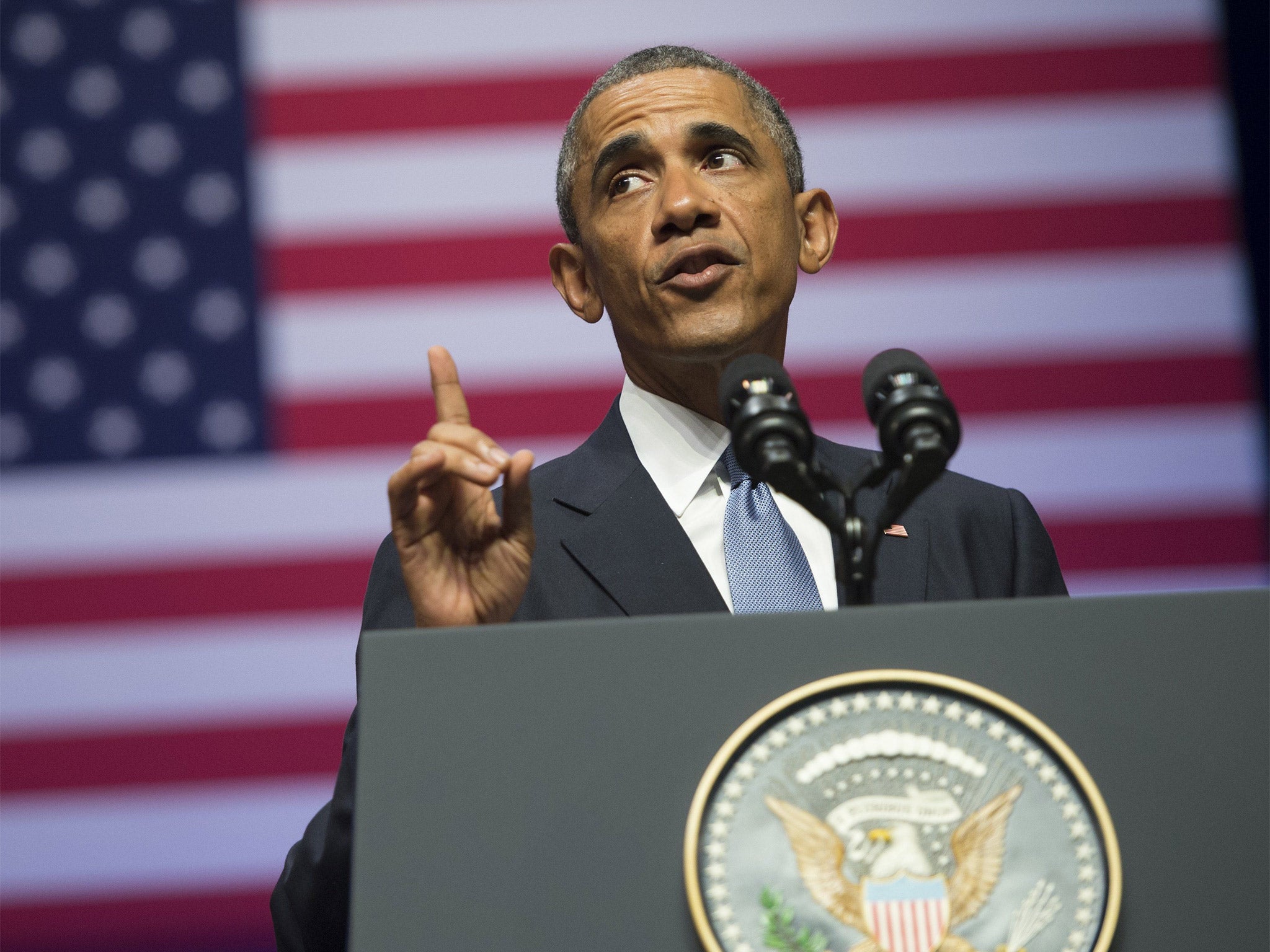Editor's letter: Suddenly, America is no longer on top
Globalisation, which promised so much in the 1990s, is rolling back too

Your support helps us to tell the story
From reproductive rights to climate change to Big Tech, The Independent is on the ground when the story is developing. Whether it's investigating the financials of Elon Musk's pro-Trump PAC or producing our latest documentary, 'The A Word', which shines a light on the American women fighting for reproductive rights, we know how important it is to parse out the facts from the messaging.
At such a critical moment in US history, we need reporters on the ground. Your donation allows us to keep sending journalists to speak to both sides of the story.
The Independent is trusted by Americans across the entire political spectrum. And unlike many other quality news outlets, we choose not to lock Americans out of our reporting and analysis with paywalls. We believe quality journalism should be available to everyone, paid for by those who can afford it.
Your support makes all the difference.Morning all. If it wasn’t obvious already, this week made clear that we have entered a post-American age. Two of the biggest and best ideas that the United States has stood for – liberalism and democracy – are in retreat around the world; the vehicle for exporting them – globalisation – has gone into reverse; the country itself, while growing economically, is in relative decline; and the American public have zero appetite for military entanglement across the globe, whether in the Middle East or the Pacific.
Take a look at these in turn. For half a century after the Second World War, people power surged forward. In the 1970s and 80s, democracy replaced autocracy in Greece, Spain, Chile, Argentina and Brazil. Before that it overthrew fascism in Germany and empire in India; after that it triumphed over communism in Russia and apartheid in South Africa. You could call it democracy dominoes.
Since then, democracy has taken a pounding. Illiberal powers such as China and Russia are in the ascendant; the Arab Spring was a crushing disappointment; Turkey’s increasingly despotic leader has left Indonesia as essentially the last big Islamic democracy; and a deep antipathy towards political elites has taken hold in Britain, France and America, making governing them very difficult.
So much for political liberalism. What of its economic sibling, also known as capitalism? Well, the biggest financial crash since the Depression didn’t help; nor has a largely tepid recovery, or an emerging pattern of stagnant wages and rising prices, in which the share of wealth going to workers is falling everywhere. Nor has a new tide of protectionism, or China’s showing that economic growth doesn’t always depend on open markets and free trade.
That those twin pillars of America’s identity, liberalism and democracy, are suffering is bad enough. But now globalisation, which promised so much in the 1990s, is rolling back too. The Doha Round of trade talks was dismal, and global capital flows are less than half their pre-crisis peak. The internet, which still promises to bring us together, is being censored in Burma, Cuba, Saudi Arabia, Turkey, Iran, China, Russia, Vietnam and Tunisia. And, as we report today, many once mighty transnational organisations, from Nato to the EU, have a whiff of desperation about them.
It’s no wonder that Barack Obama, who came to power as the guy who opposed a “dumb war” in Iraq, is wary of deploying more American troops. His country is traumatised by the conflicts there and in Afghanistan.
But with crises erupting all around the world, we can no longer rely on America to be our chief negotiator, policeman and protector rolled into one. In the new world, Uncle Sam is no longer king – as your newspaper amply demonstrates.
Join our commenting forum
Join thought-provoking conversations, follow other Independent readers and see their replies
Comments